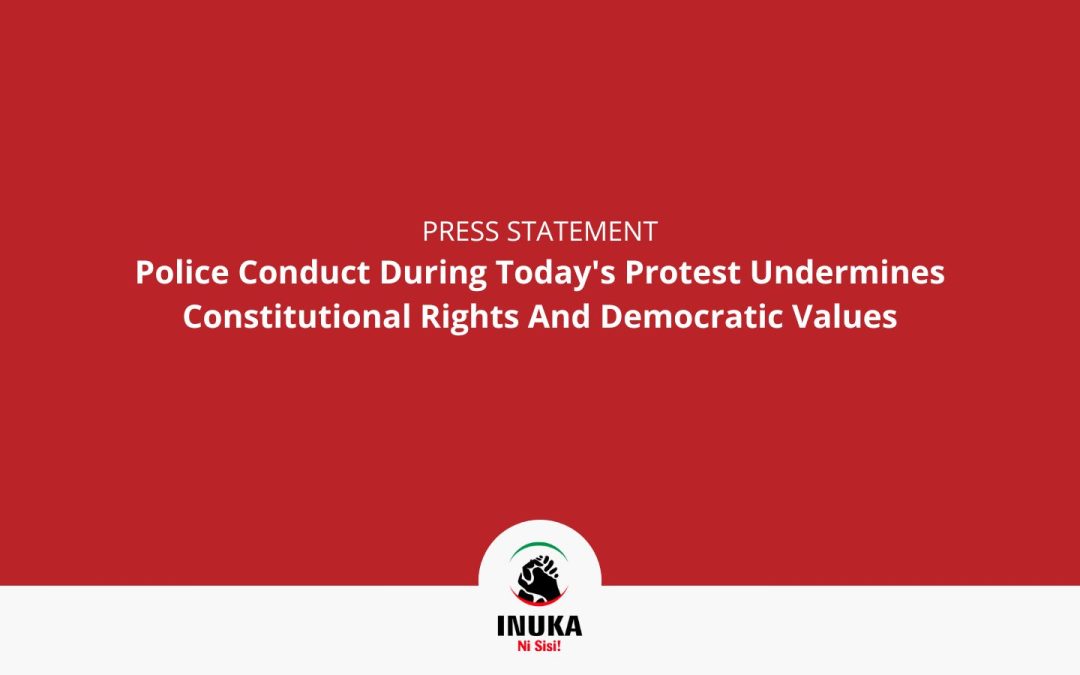
by ca_ikns | Jun 17, 2025 | Press Statements
Inuka Kenya Ni Sisi! strongly condemns the unlawful and excessive use of force by the National Police Service (NPS) during today’s peaceful protests held in Nairobi and other parts of the country. We are deeply disturbed by credible reports and footage showing...
by ca_ikns | Jun 27, 2024 | Press Statements
Inuka Kenya Ni Sisi! Condemns the recent tragic events that have unfolded in our nation. The use of excessive force by the police, including live bullets, tear gas, and rubber bullets against peaceful demonstrators is a blatant violation of human rights and an affront...
by ca_ikns | Jun 21, 2024 | Press Statements, Stories
The recent protests by Gen Z and Kenyans in general across the country, demanding for the rejection of the Finance Bill 2024, are an exercise of their rights and responsibilities as enshrined in Article 37 of the Constitution of Kenya. This article states that “Every...


